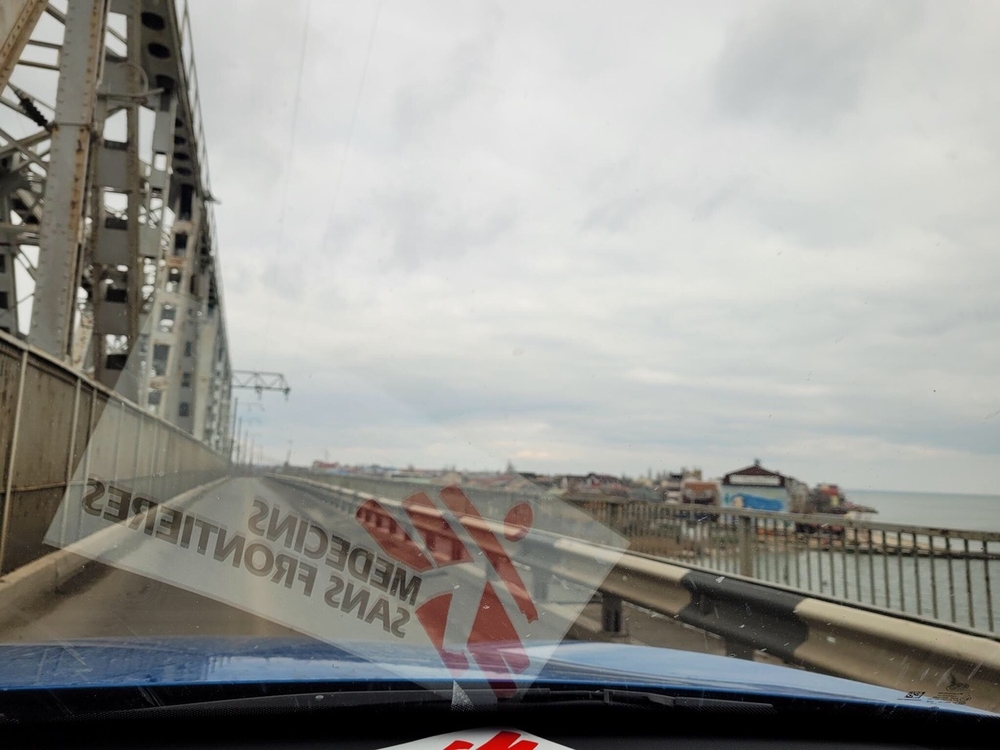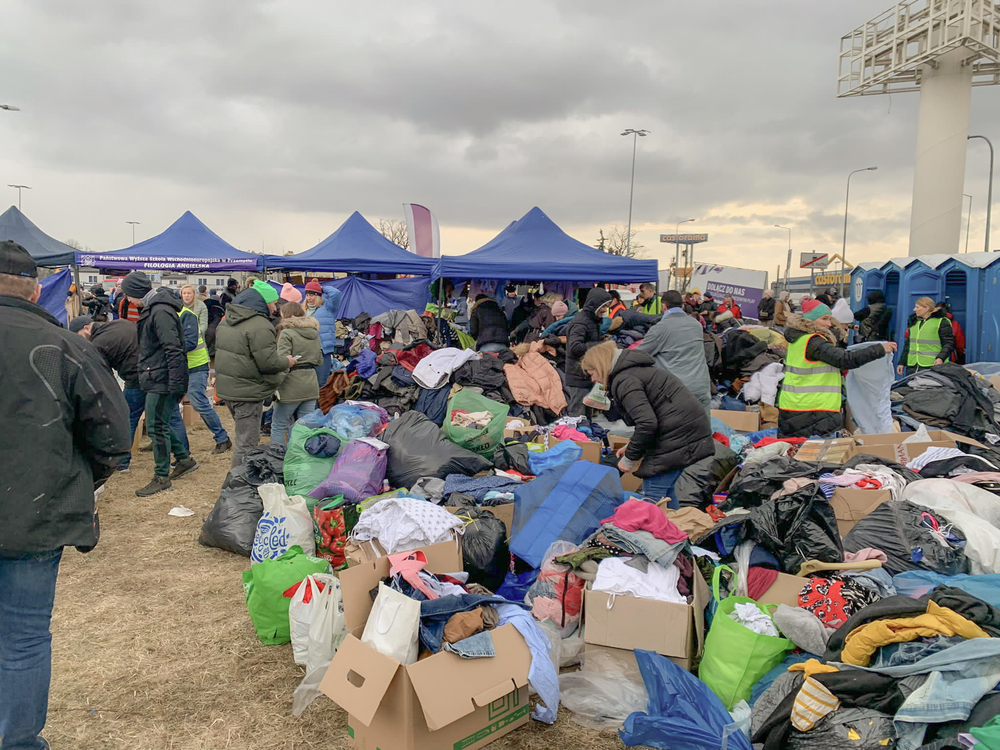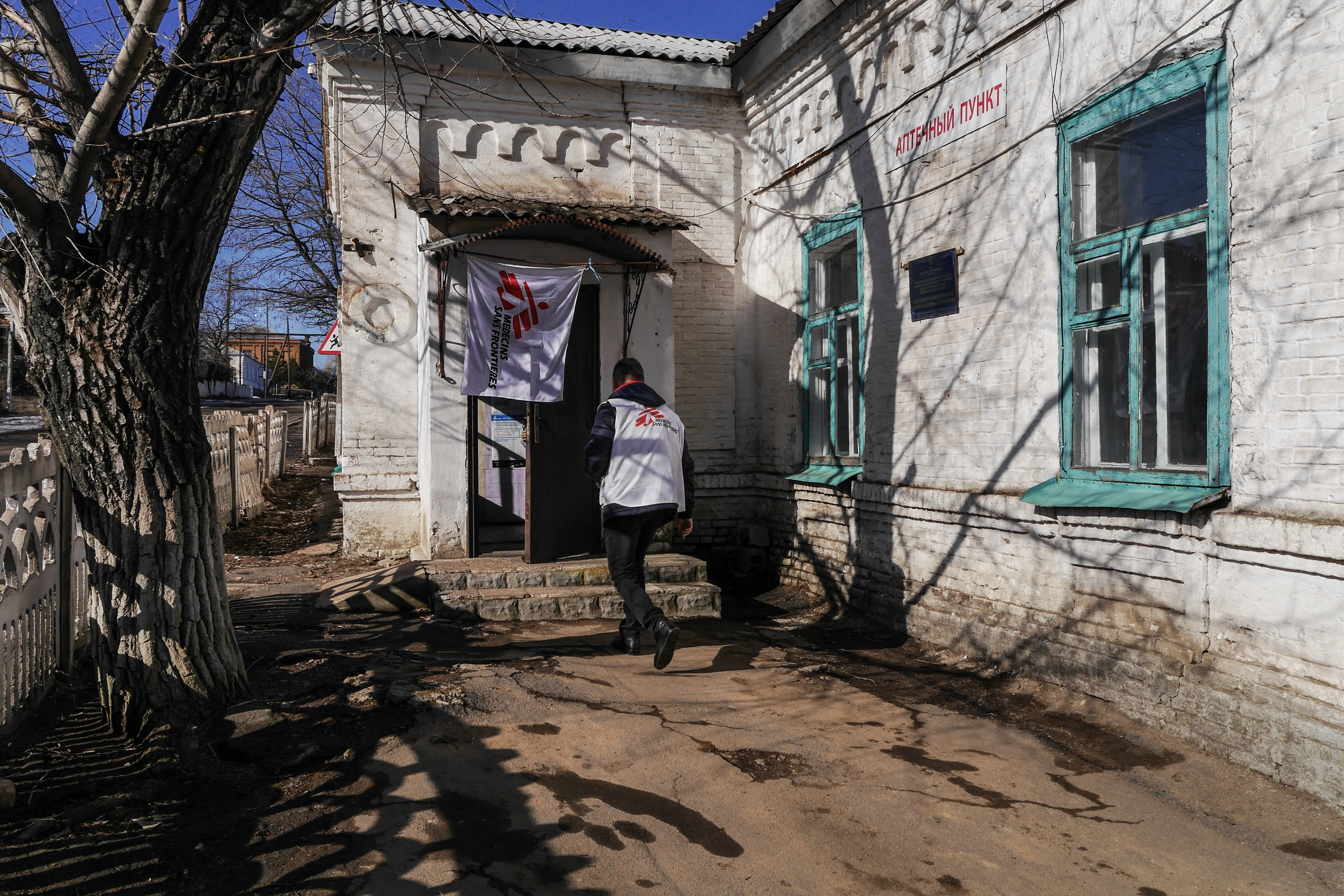Should we fear drug shortages?
The healthcare system has already been disrupted by war, and the impact is already being felt in supply chains. As an example, the delivery of hot meals for hospital patients has been disrupted. The fighting prevented deliveries from the city of Mykolaiv where they were normally prepared. As a result, we are wondering whether to support the hospitals by providing ready meals for patients.
Some medicines are also starting to run short, and it is not possible to order them through the usual channels because the central level is no longer able to supply the whole country. Each region or large city tries to find alternatives. We are helping with this; a first donation of medicines and medical equipment arrived yesterday (Sunday, 6 March) in Odessa from Romania, and we are hoping to donate some of it to hospitals in Mykolaiv. But clearly, across the country, the lack of medicines and equipment is already a huge problem, and the situation is only going to get worse.
In addition to the direct consequences of the war, the impact for patients suffering from chronic diseases – cancer or diabetes, for example – is likely to be disastrous.
What is the situation on the Moldovan border?
According to the Moldovan authorities, approximately 120,000 refugees from Ukraine have already arrived in the country. For residents of the Odessa region, the nearest border crossing is Palanca, about two hours by car from the city. But currently, it sometimes takes more than 24 hours to cross the border. At the border post, the Moldovan authorities separate their nationals from other nationalities, but everyone is allowed to pass.
The wealthiest people travelled by car, while many others fled by bus and train. The vast majority are women and children. Near the border, traffic jams of several kilometres have formed. Many people choose to cover the last few kilometres on foot. It is very cold. As well as fatigue and anxiety, some people are suffering the effects of untreated chronic illnesses.
Once they arrive at the border, people often need to receive immediate care. We intend to set up a health post in collaboration with the Moldovan Ministry of Health, to be able to provide first aid in a safe and warm environment. On the Moldovan side of the border, the authorities have set up reception areas, as it often takes several hours for refugees to find transport to the capital, Chișinău, and beyond. Here, too, we intend to set up a shelter to provide psychological and social assistance, particularly for the most vulnerable and fragile people.
How does MSF plan to help the people of Odessa?
In Odessa, we are focusing on two priorities. One, we will help with the preparation of hospitals to take care of the wounded. We believe we can provide training, support for triage, and patient stabilisation. We are also considering helping to set up advanced medical posts – small emergency rooms capable of providing first aid to the injured, before transporting them to hospitals.
Two, we plan to help with the supply of medicines in order to prevent shortages. After the first donation of medicines yesterday, other donations will follow in the coming days. This is thanks in particular to a partnership with Zidebine, a Romanian NGO that is helping us to buy and deliver medicines to Ukraine.
In either case, we don't know how much time is left before the town is attacked. We are trying to set up as many things as possible, while it is still possible. It's a race against time.



